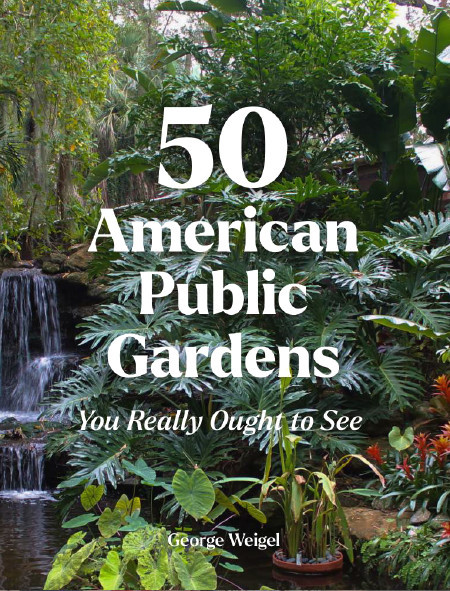A Look at Rubber Mulch
March 26th, 2014
Depending on whose opinion you believe, rubber mulch is either a great solution or a terrible mistake.
One camp concludes that using rubber as mulch is like moving a ground-up tire dump into your yard, complete with a bad odor, an increased fire risk and the possibility of leaching toxic chemicals and heavy metals into the ground and water. And you’re paying a lot of money to do it.
The other camp considers it a plant-friendly, bug-free, permanent alternative to annual mulching that’s a sound way to recycle tires instead of landfilling them… and p.s., nothing leaches in high enough amounts to threaten health.
I think there are nuggets of truthiness throughout all of that. What the decision boils down to is which argument do you believe more? And which of the pros and cons carry the most weight in your mind?
Me? I’m not a rubber-mulch fan.
The main decider for me is that I prefer natural materials that break down and add organic material and nutrients to the soil.
Personally, I start with my own leaves, grass clippings, homemade compost and chipped prunings from my trees, shrubs and evergreens. That’s not enough to keep 2 or 3 inches of mulch over all of my beds, so I end up buying chipped wood waste that my township recycles or else mulch from a local vendor (usually bark mulch instead of shredded hardwood that’s more likely to grow artillery fungus).
Granted, that’s a lot of work, but a.) I can use the exercise, b.) it keeps “waste” on my own property, and c.) it does a good job of controlling weeds while feeding my soil and its population of microorganisms.
I think a big reason for the attraction of rubber mulch is that it saves that kind of work.
Yeah, a load of rubber mulch is way more expensive up front than wood mulch, but it’ll far outlive other organic mulches – and probably most of us.
People like that “once-and-done” argument and figure the long-term cost saving ultimately wins out (which is likely true).
Others like the dyed versions of rubber mulch that hold a dark color for years. Wood mulch usually fades to gray by season’s end, a trait that annoys many yard-owners.
I’m only mildly concerned about rubber mulch from recycled tires being a serious pollution or health problem.
I’ve read enough reports from agencies and states that conclude the levels of leachates such as zinc, aromatic hydrocarbons and manufacturing chemicals aren’t high enough to warrant concern – at least not enough to ban the use of rubber mulch.
On the other hand, a common-sensical question that Washington State University Extension horticulturist Dr. Linda Chalker-Scott raises resonates with me, too: How comes tire dumps are illegal because they pollute but then waste tires are OK when ground up and spread over flower beds?
Rubber-mulch proponents say the answer lies in how the tires are processed into mulch (removing the steel belts and fibers, for example).
But then there’s a Bucknell University study that found that car-tire rubber leachate running off roadways can kill aquatic life.
A few other conclusions I’ve come to:
* Rubber mulch can ignite and is harder to extinguish once on fire than wood mulch, which also can catch fire. But it’s not common and not so much of a threat that I think a rubber-mulched bed is an inferno waiting to happen.
* Rubber doesn’t compact like common shredded hardwood, which helps plant roots “breathe” better.
* Rubber lets rain drain through better than compacted wood mulch and doesn’t absorb much (if any) of that water. That means more water for plant roots.
* Rubber can get hot when used in a sunny location. Other than complaints from people who say it burns their feet when walking barefoot over it, I haven’t seen any research on whether that’s a problem for plants. It could be for heat-sensitive varieties.
* I’ve read one report that found that rubber mulch – inch for inch – doesn’t suppress weeds as well as wood mulch or even straw or pine needles.
* Artillery fungus won’t grow in rubber mulch, and you won’t run into bug or termite issues either. On the other hand, I’ve seen mushroom-like fungi growing on rubber. Bug concerns in wood mulch – especially termites – are overblown.
* I’ve heard it both ways on the odor issue. Some say the area smells like a tire store for only a few days after the initial application, while others complain that the odor is nasty any time in hot, sunny weather.









